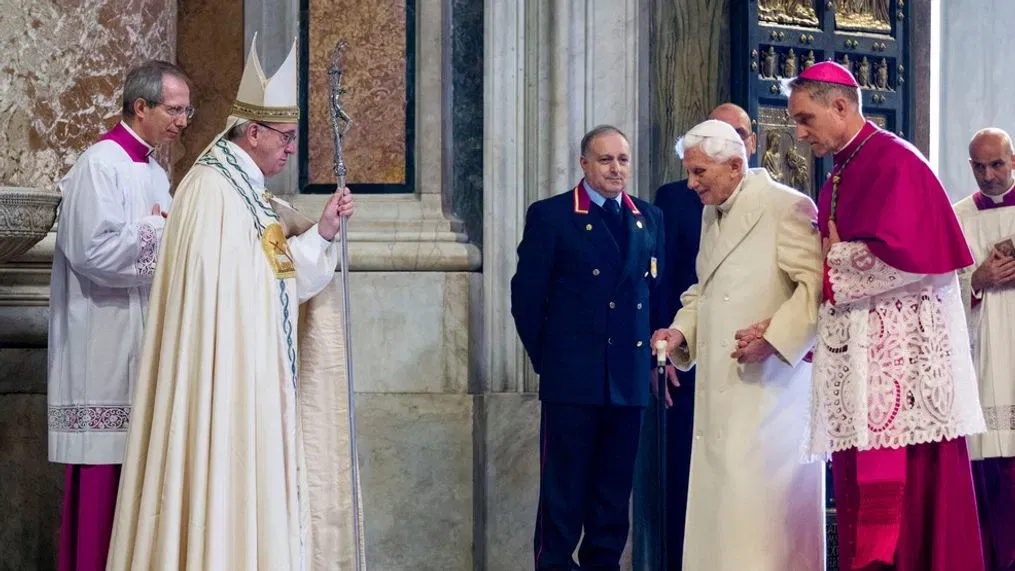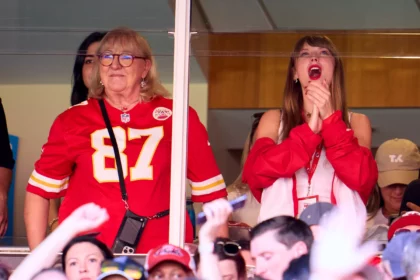The death of Pope Francis at the age of 88 has left the Catholic Church facing the delicate task of choosing a new leader. As the Vatican prepares for the upcoming conclave, speculation about who will succeed the pontiff is intensifying. However, as an old Italian saying cautions, “He who enters a conclave as a pope, leaves it as a cardinal,” predicting the next pope is a perilous task. Despite the uncertainty, several cardinals are emerging as frontrunners, or papabili, each with their distinct backgrounds, philosophies, and visions for the future of the Church. Here are the names to watch.
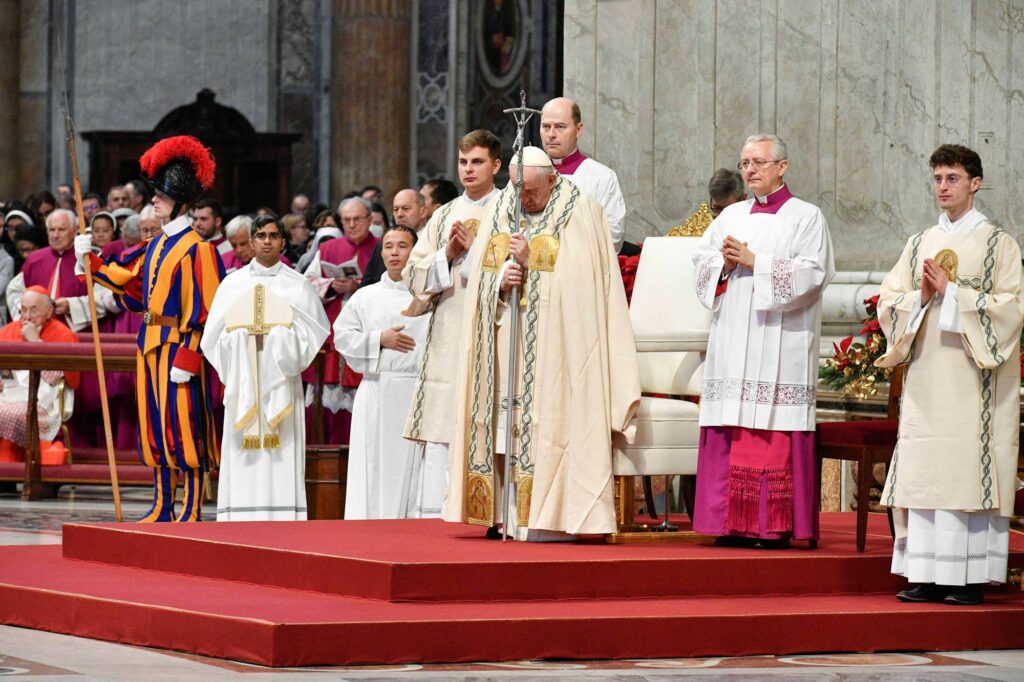
1. Cardinal Jean-Marc Aveline: The French Hope
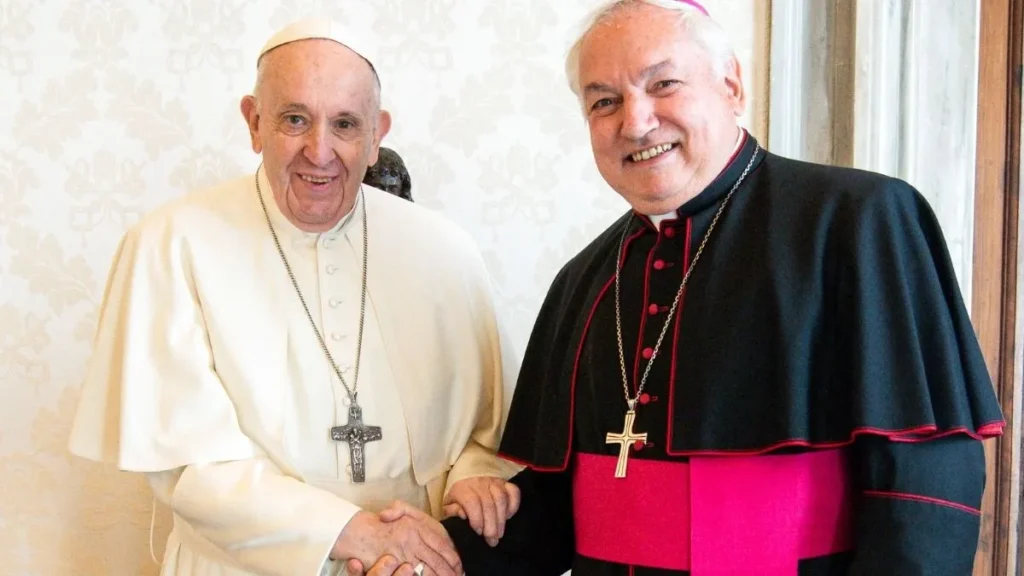
Cardinal Jean-Marc Aveline, 66, is a charismatic figure with a folksy, easy-going nature. Known for his strong intellectual grounding in theology and philosophy, Aveline is closely aligned with Pope Francis’ progressive stance, particularly on issues such as immigration and interfaith relations. Born in Algeria to Spanish immigrants and raised in Marseille, Aveline’s understanding of diverse cultures would serve him well in a papacy that must navigate global challenges. If elected, Aveline would become the first French pope since the 14th century. However, his limited Italian proficiency could pose a challenge, given the papacy’s deep ties to Rome.
2. Cardinal Peter Erdo: The Pragmatic Conservative
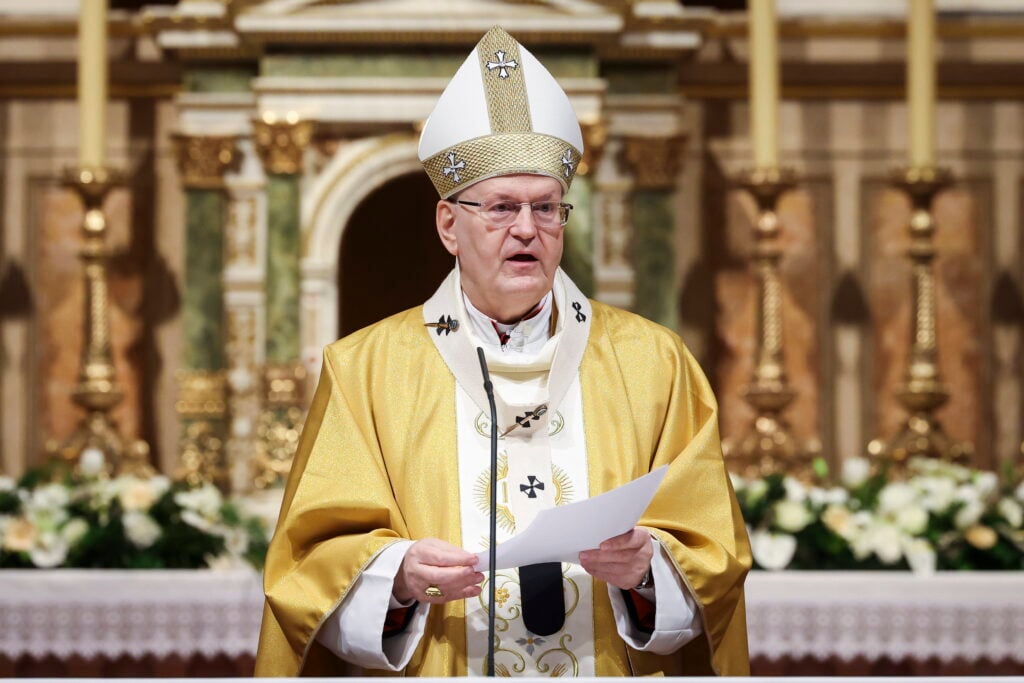
Cardinal Peter Erdo, 72, is considered a conservative who has built bridges with Pope Francis’ progressive vision. While he has occasionally clashed with the pope, especially on issues like immigration, Erdo’s diplomatic skills and broad connections in Europe and Africa position him as a potential compromise candidate. His deep knowledge of Church law and fluency in multiple languages make him a skilled negotiator, which could be invaluable in healing divisions within the Church. Despite his conservative stance, Erdo’s pragmatic approach to leadership could make him an appealing choice for a pope who seeks balance.
3. Cardinal Mario Grech: The Progressive Leader

At 68, Cardinal Mario Grech of Malta is a key figure in Pope Francis’ reform efforts. Known for his role as secretary general of the Synod of Bishops, Grech has embraced modernizing the Church, particularly regarding LGBT issues and family dynamics. His promotion under Francis signals a clear endorsement of his progressive outlook. Grech is a consensus-builder, respected for his ability to unite differing factions within the Church. However, his past controversies, including criticism from conservative quarters, may influence his candidacy.
4. Cardinal Juan Jose Omella: The Compassionate Shepherd
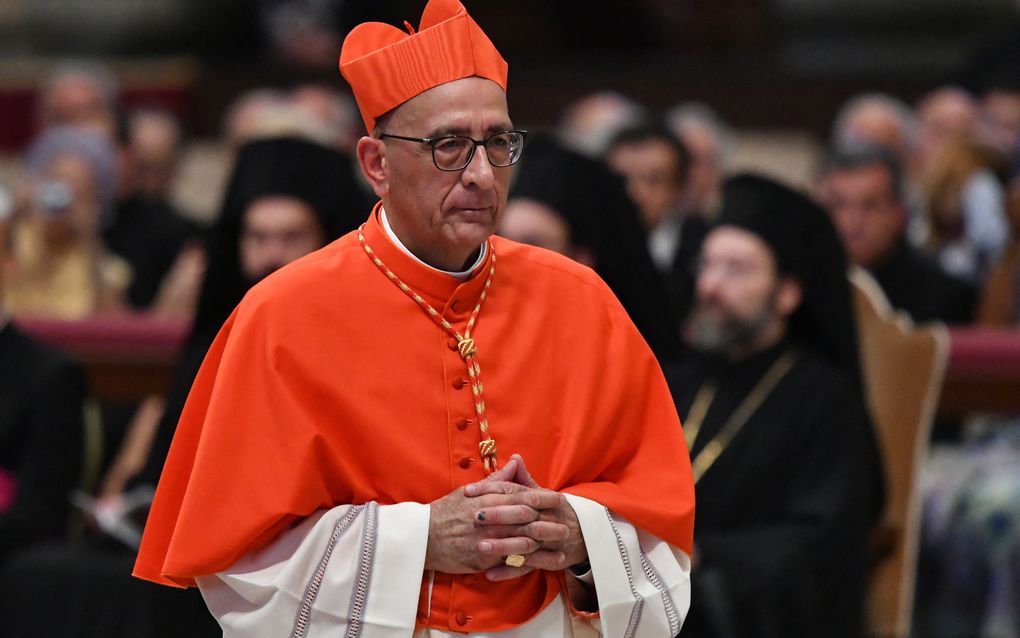
Cardinal Juan Jose Omella, 79, shares many of Pope Francis’ priorities, such as social justice and the care of the marginalized. With a background in pastoral care, Omella’s humble nature and focus on the poor resonate deeply with Francis’ message of mercy and inclusivity. As Archbishop of Barcelona, Omella’s leadership in addressing Spain’s sexual abuse crisis has earned him praise, although his proximity to these sensitive issues may complicate his candidacy. If the Church seeks a pope who embodies the pastoral heart of Francis, Omella could be a strong contender.
5. Cardinal Pietro Parolin: The Diplomat
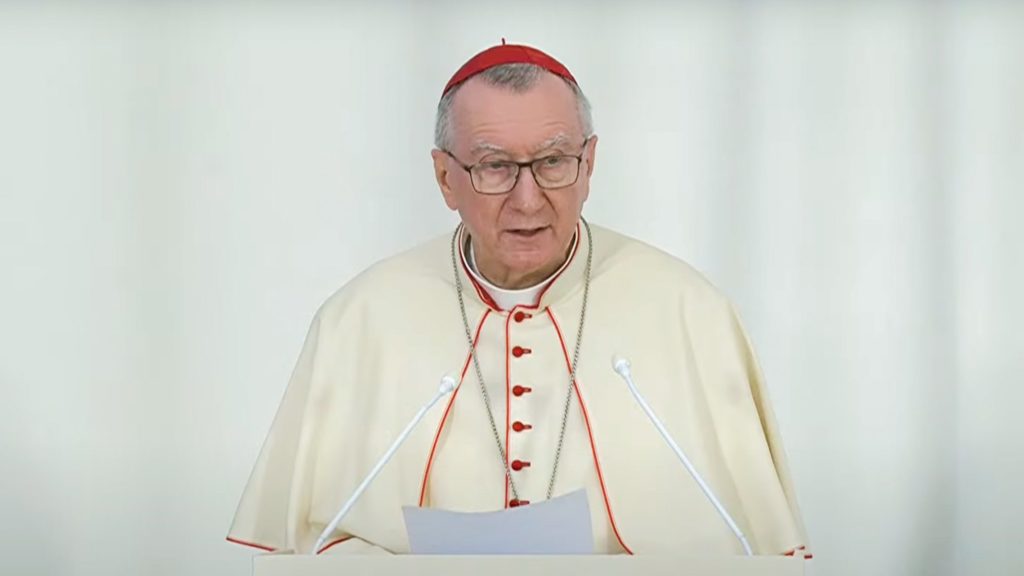
Cardinal Pietro Parolin, 70, has long been seen as a compromise candidate due to his diplomatic expertise and balanced approach to both conservative and progressive issues. As Pope Francis’ Secretary of State, Parolin has worked behind the scenes to strengthen the Vatican’s global influence, particularly through his role in fostering relations with China and Vietnam. While not a dynamic public speaker, his diplomatic skills and fluency in several languages would position him well to handle complex international issues. If the Church desires a pope who can bridge divides, Parolin may be the candidate.
6. Cardinal Luis Antonio Gokim Tagle: The “Asian Francis”
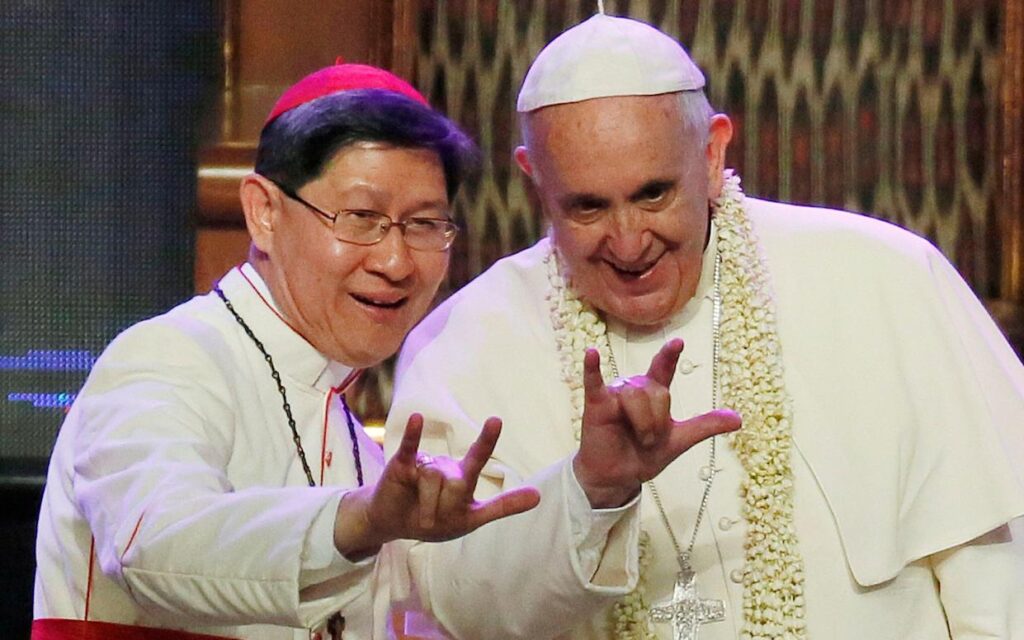
Cardinal Luis Antonio Gokim Tagle, 67, is often referred to as the “Asian Francis” due to his shared commitment to social justice. If elected, Tagle would make history as the first pope from Asia, a milestone that could strengthen the Church’s influence in the region. With a background in both pastoral care and Vatican administration, Tagle is uniquely positioned to lead the global Church. However, recent controversies surrounding his role in Caritas Internationalis may impact his chances. Still, his widespread popularity and deep empathy make him a notable papal contender.
7. Cardinal Joseph Tobin: The U.S. Contender
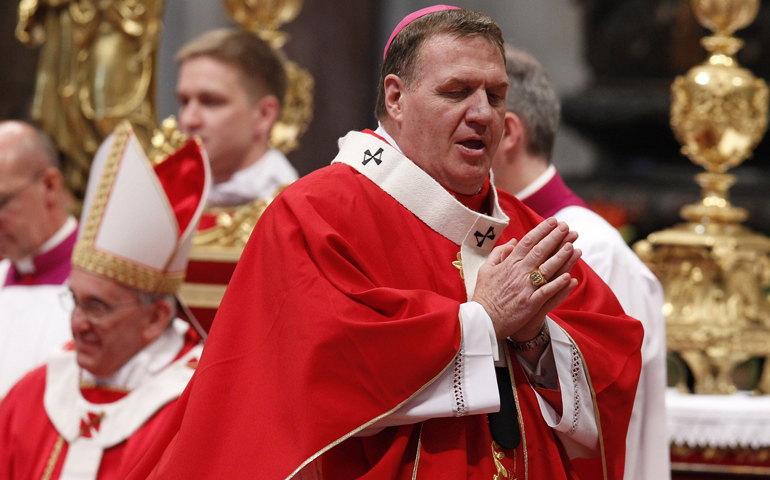
While the prospect of a U.S. pope remains unlikely, Cardinal Joseph Tobin, 72, could be a potential candidate if the cardinals are willing to break with tradition. Known for his openness to LGBT issues and his handling of the McCarrick scandal, Tobin’s pastoral experience and commitment to social justice resonate with Pope Francis’ values. Fluent in several languages, Tobin’s international experience also makes him a well-rounded figure. His candidacy would likely spark debates, particularly given the challenges facing the U.S. Catholic Church.
8. Cardinal Peter Kodwo Appiah Turkson: The African Candidate
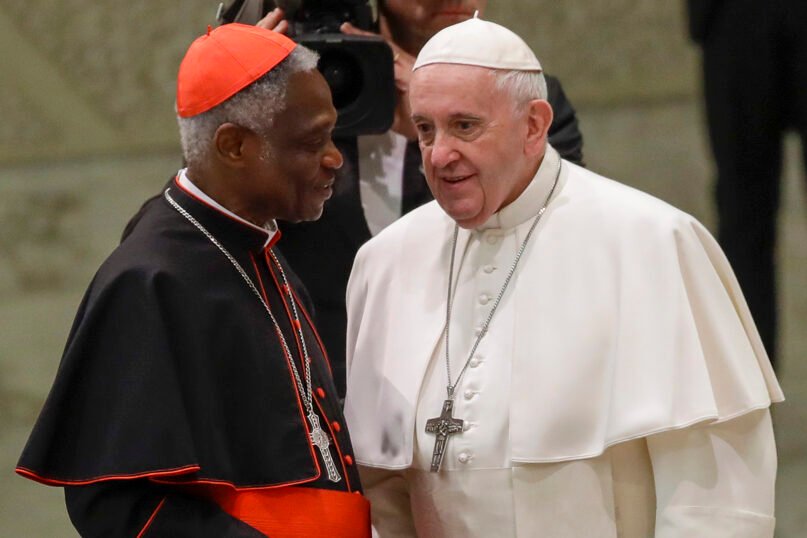
Cardinal Peter Turkson, 76, represents the growing influence of Africa within the Church. With his long-standing commitment to social justice, climate change advocacy, and peacebuilding, Turkson’s background positions him as a potential papal candidate who could unite the global Church. If elected, Turkson would be the first pope from sub-Saharan Africa, a significant milestone for the Church’s growing presence on the continent. His diplomatic skills and global perspective make him a strong candidate, although his resignation from his Vatican role in 2021 may raise questions about his future prospects.
9. Cardinal Matteo Maria Zuppi: The “Italian Bergoglio”
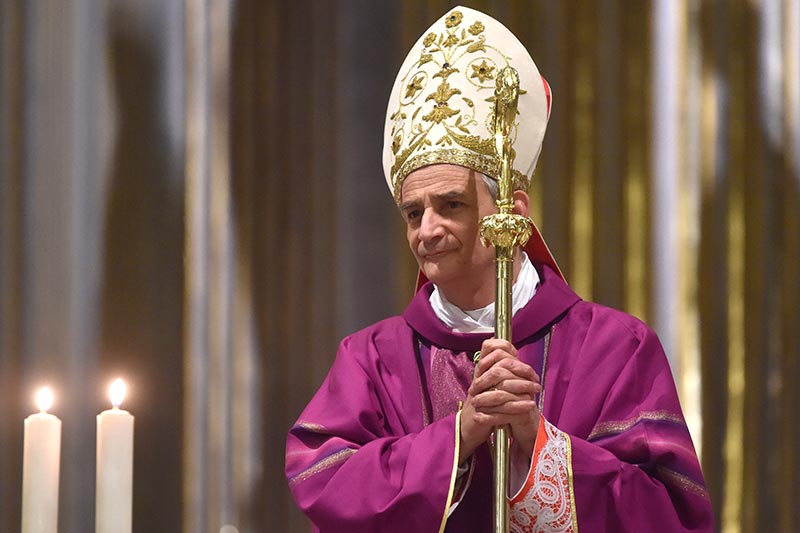
Cardinal Matteo Maria Zuppi, 69, has earned the nickname “Italian Bergoglio” for his alignment with Pope Francis’ approach to Church leadership. Known for his humility and commitment to peace, Zuppi has worked to foster dialogue among diverse religious groups and brokered peace in conflict zones. If elected, Zuppi would become the first Italian pope since 1978. However, his association with controversial issues, including the slow response to the sexual abuse crisis in Italy, may cloud his candidacy.
Conclusion: The Unpredictability of the Papal Election
As the Vatican prepares for the conclave, these cardinals stand out as potential papal candidates. Each brings unique qualities to the table, from diplomatic experience and progressive values to deep pastoral care and social justice commitments. However, as history has shown, the election of a pope is often full of surprises. In the end, the cardinals will choose the leader who best embodies the future direction of the Church, a decision that will shape Catholicism for generations to come.
Whether one of these cardinals will ascend to the papacy or a new contender will emerge remains to be seen. The conclave is a process shrouded in mystery and uncertainty, and as the saying goes, predicting the next pope is best done with caution.


